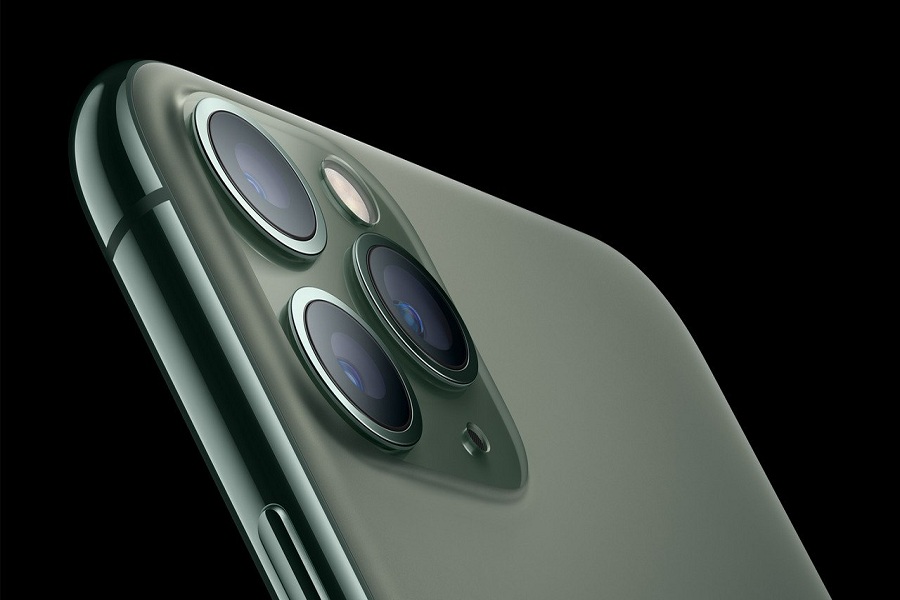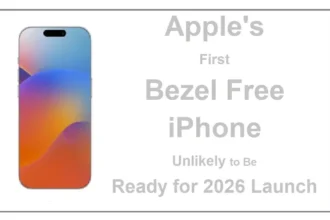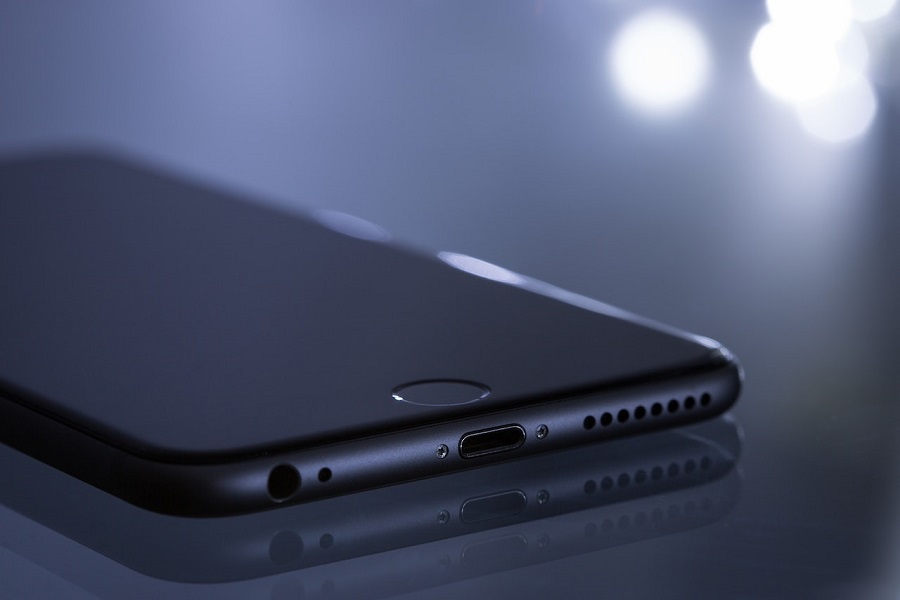Hey there, folks! In the grand world of tech, no terrain is too treacherous when you’re armed with knowledge. And today, we’re playing hardball with those pesky cyber threats that threaten your prized iPhones and iPads. Ready to suit up and secure your tech fortress? Let’s roll!
Putting the ‘I’ in iOS Security
Before we dive deep, let’s get our bearings straight. What’s the hullabaloo about iOS security? Why, it’s the suit of armor for your beloved Apple devices! It’s all about maintaining the confidentiality, integrity, and availability of data in your iOS environment. And it ain’t just a feature; it’s a commitment, a pledge to keep your data snug and secure.
Factors Fueling iOS Security
A host of factors pumps up the resilience of iOS security. Its sandboxing structure isolates apps, restricting them from accessing data they’re not supposed to. Then there’s data encryption – imagine it as your secret diary with a nifty lock. Also, don’t forget the perks of Apple’s walled garden approach, allowing only vetted apps in its App Store. It’s like a VIP club, only way more secure.
Cyber Security Practices for iOS Users: ‘Apple’ of Your ‘I’
To bolster iOS security, we gotta lace up and get into the thick of it with some best practices. Let’s dive in:
Update, update, update: Like your mom’s chicken soup recipe, iOS updates are essential. They’re the go-to fix for those hidden vulnerabilities that cybercrooks love to exploit.
Two-Factor Authentication (2FA): Think of it as a secret handshake, only better. It adds an extra layer of security, making it tougher for miscreants to access your stuff.
Public Wi-Fi? Nah, sir: As tempting as free Wi-Fi sounds, it’s often a honey pot for hackers. Stick with your own network or use a reputable VPN to stay safe.
Beware of Phishing: Those scammy emails and messages? Avoid ’em like that stale donut from last week. They’re often bait for your personal info.
Apple’s Approach to Data Privacy Protocols and Structures
When it comes to data privacy protocols, Apple ain’t no slouch. It’s all about adhering to the principle of data minimization. Think of it as Apple playing ‘see no evil, hear no evil.’ The less they know about you, the better. They also give you a run-down on the kind of data apps want to access.
Then there’s Differential Privacy. Imagine this: Apple wants to know what music its users like, but doesn’t want to know what you, in particular, groove to. That’s Differential Privacy, adding random noise to data, making it impossible to identify individuals. Sneaky and smart, huh?
Apple and the Gambling Industry: A Happy Roll of the Dice
Ever fancied a flutter on Ontario Online Slots for Real Money? With iOS Security as your shield, enjoy a worry-free gambling experience. Apple’s robust protective measures safeguard your sensitive information from cyber threats. So go ahead, and make your bet, knowing that your iPhone or iPad is armored against cyber baddies. This has positively affected many similar online businesses, raising the stakes in the digital world and ensuring their users can spin the reels without worry in the world.
Now, we’ll delve deeper into the impact of Apple’s data privacy on various markets, explore more about ISO products renowned for their data security structure, and unravel the world of Apple’s built-in security tools. Because remember, folks, knowledge is power, and in the cyber world, it’s your best defense!
Impact of Apple’s Data Privacy on Various Markets
Now, hold onto your hats as we venture into the big leagues: the business markets. Apple’s solid data privacy ethos isn’t just good news for us folks; it’s a big deal for a gamut of industries. From healthcare, with the Health app keeping your wellness stats secure, to e-commerce where Apple Pay keeps your financial deets under lock and key, data privacy has left its mark. Even the educational sector’s basking in this secure glow, with the Schoolwork app ensuring student data privacy. Apple’s playing the long game here, folks.
ISO Products Standing Tall
Let’s talk ISO products that have data security down pat. Look at ISO 27001 – it’s the godfather of data security standards. Companies like Microsoft and Google have jumped on the bandwagon, bolstering their data security infrastructure. ISO 27701, an extension of the 27001, also shines in privacy information management. Businesses are all ears, with outfits like Atos and Capgemini adopting it, giving a thumbs up to privacy. Talk about taking a stand!
Apple’s Built-In Security Tools: Your Digital Swiss Army Knife
Ready to meet the A-team of Apple’s built-in security tools?
Face ID and Touch ID: This dynamic duo adds that personal touch to security. It’s like your unique signature, only high-tech.
Find My: Lose your device? No sweat, mate. With Find My, your lost device is just a tap away. Just remember not to lose your cool!
Apple Pay: Want to splurge on that fancy new game, but worried about sharing your card info? Apple Pay has got your back. It’s all about security with convenience.
Safari Privacy Report: Curious about who’s been keeping tabs on you? Safari’s Privacy Report spills the beans, keeping the nosy parkers at bay.
Conclusion
Alright folks, we’ve explored the ins and outs of iOS security, had a tête-à-tête with best practices, navigated the waters of data privacy protocols, and got the lowdown on Apple’s impact across industries. Remember, keeping your iPhone and iPad safe from cyber threats isn’t a destination, but a journey. Stay alert, stay updated, and keep those cyber crooks at bay. In this digital wild west, let iOS Security be your trusty steed.
Now, go on, you savvy tech wrangler, and make the cyber world a safer place, one iPhone and iPad at a time. And remember, in the grand world of tech, no terrain is too treacherous when you’re armed with knowledge. So, suit up, secure your tech fortress, and keep those cyber threats at bay!






